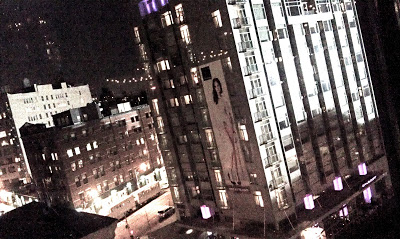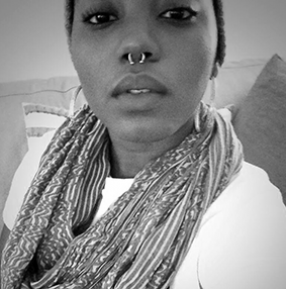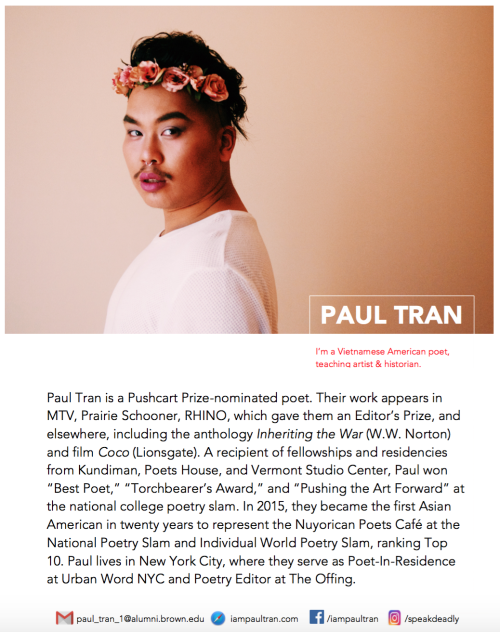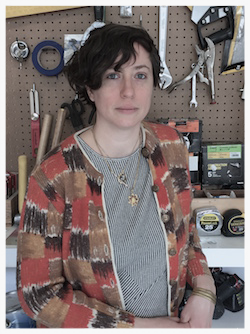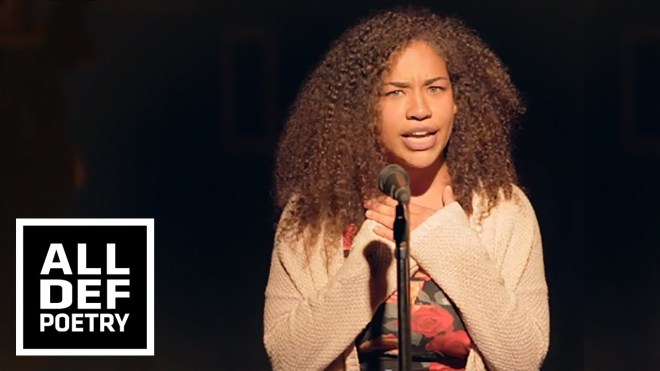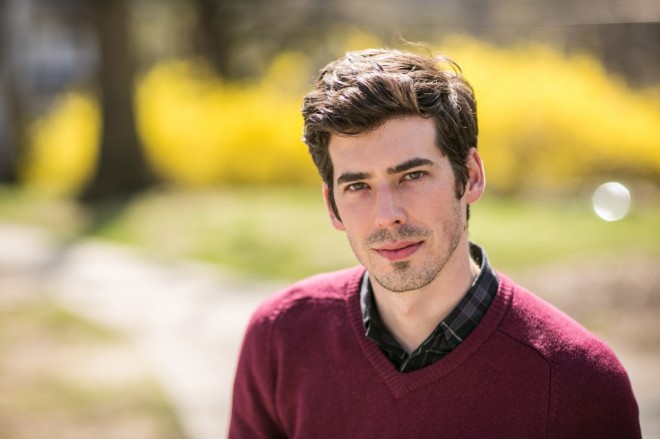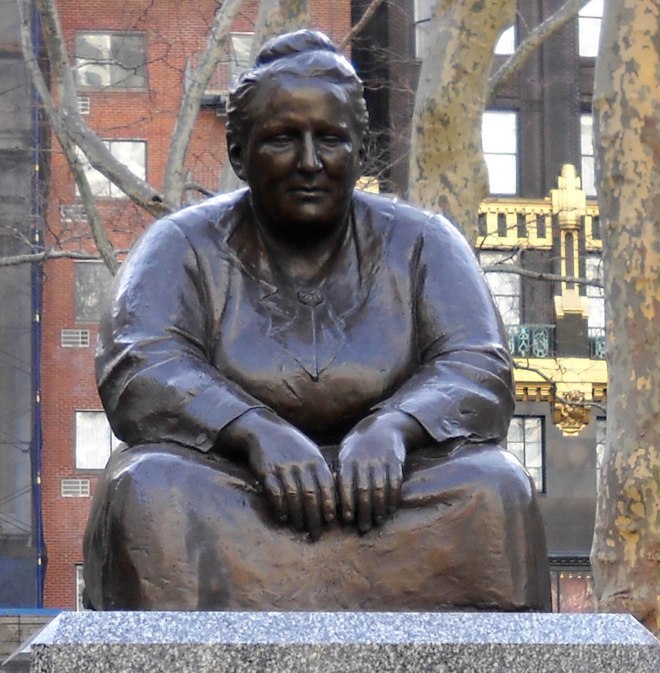Dear Friends, some of you are probably aware of that vein of my poetry that addresses the subject of sexual abuse, and associated themes produced by the struggle to “travel / up into “the speech range” (‘Witch’s Spindle’); the fight against erasure, and the way that society would, at times, prefer us to be silent, because our experiences are painful to listen to, and inconvenient. (Have a look at this essential essay by poet Cathy Linh Che about anti-erasure.) Because I have skin in the game, and because I want to help others, I have organised a poetry reading fundraiser for RAINN, a nationwide nonprofit based in the USA.
According to their website, “RAINN (Rape, Abuse & Incest National Network) is the nation’s largest anti-sexual violence organization. RAINN created and operates the National Sexual Assault Hotline (800.656.HOPE, online.rainn.org y rainn.org/es) in partnership with more than 1,000 local sexual assault service providers across the country and operates the DoD Safe Helpline for the Department of Defense. RAINN also carries out programs to prevent sexual violence, help victims, and ensure that perpetrators are brought to justice. RAINN has helped more than 2.4 million people since 1994.”
I myself was sexually abused by a priest at an elite Catholic boarding school in my native Ireland. After informing the school of the abuse in the autumn of 2005, the priest was quickly laicized by the Vatican (“defrocked”). (He then, I believe, was living in his native Belfast, and more recently, Dublin.) Ten years later, in 2015, I finally reported him to the police (in Ireland, only the victim can trigger the procedures that lead to police investigation: prior to this, their participation was on a “soft” basis). In 2016, the Director of Public Prosecution decided not to prosecute (or bring the case to trial) because although the grooming process had begun when I was 16, the actual physical sexual abuse began several weeks after my 17th birthday (I have evidence of this in contemporaneous diaries). The age of consent at the time was 17.
I mention this to show how difficult it is to bring a perpetrator to trial. So far, I’ve done what I can. And part of that is to organize a poetry reading here in New York City with some of the most talented and powerful poets I know. The eight poets who will read at Berl’s Poetry Bookshop in Brooklyn on Saturday 29th April write about sexual violence from a multiplicity of angles and points of view. Please come and listen to us, to support people who have been there, and continue to be there, in the fight against erasure. If you can’t make it, consider donating to RAINN, or if you prefer, to a local charity that supports survivors of sexual abuse and sexual violence.
Part of what poetry does is to go into those places that we dare not go alone. Poetry bears witness, which has always been one of its most important roles. We might dwell on the actual experience, because we need to tell the truth and, even create something beautiful in spite of it. But always the goal has been, to find a way out: as Sharon Olds has said in her poem “The Eye”, “and / somewhere in me too is the path / down to the creek gleaming in the dark, a / way out of there.”
Here is a link to the event page at the venue:
http://www.berlspoetry.com/events/2017/4/29/the-eagle-the-wren-reading-series-fundraiser-for-ny-state-coalitiion-against-sexual-assault
Here is a link to the fundraising page on RAINN’s website:
https://fundraise.rainn.org/fundraise?fcid=956936
Here is information about the reading and the poets:
Berls Brooklyn Poetry Shop, Saturday April 29th at 7 p.m.
Aziza Barnes is blk & alive. Born in Los Angeles, she currently lives in Oxford, Mississippi. You can find her work currently or forthcoming in PANK, pluck!, Muzzle, Callaloo, Union Station, Phantom Limb, The Rumpus, The Offing, and The Breakbeat Poets, among other journals and collections. Her first chapbook, me Aunt Jemima and the nailgun, was the first winner of the Exploding Pinecone Prize and published by Button Poetry. Her first full length collection of poems, I BE, BUT I AIN’T (2016), is the winner of the 2015 Pamet River Prize from YesYes Books.
Emily Brandt is the author of three poetry chapbooks. Emily is a co-founding editor of No, Dear and Web Acquisitions Editor for VIDA. For many years, she directed Take Back The News, an organization that confronted the under- and mis-representation of sexual assault by mainstream media.
Thomas Dooley is the author of Trespass, a winner of the National Poetry Series. His poetry, collaborations, and interviews have appeared on NPR, Academy of American Poets, Poets & Writers, and “PBS NewsHour.” A practitioner of narrative medicine, Thomas works at the bedsides of hospitalized teens and has presented internationally on the subject of pediatric illness narratives. He is the Artistic Director of Emotive Fruition, a New York-based collective of poets and actors that works to change the way artists and audiences engage with live poetry. A member of the creative writing faculty at New York University, Thomas lives in Brooklyn, NY.
Camonghne Felix is a poet, political speechwriter and essayist. She is an MA Candidate in Arts Politics at NYU, a 2012 Pushcart Prize nominee, and the 2013 recipient of the Cora Craig Award for Young Women. You can find her work in various spaces, including Youtube, and in publications like Apogee, Union Station, and Poetry Magazine. She is also the author of the chapbook Yolk, published via Penmanship Books in March 2015 and in May of that year was listed by Black Youth Project as a “Black Girl From the Future You Should Know.”
Lizzie Harris’s debut collection, Stop Wanting (CSU Poetry Center, 2014), was selected by Tracy K. Smith and named one of Cosmo’s “10 Books by Women You Have to Read This Spring.” Her poems appear in All Hollow, Barrow Street, The Carolina Quarterly, Painted Bride Quarterly, Phantom Limb, Sixth Finch and VICE.com. She was born in southern Arizona, raised in Pennsylvania and currently resides in Brooklyn, where she’s a poetry editor for Bodega Magazine.
Venessa Marco is an Afro-descendent writer by way of Cuba and Puerto Rico. Marco has been featured on the Huffington Post, Buzzfeed, Upworthy and The Feminist Wire. She was allocated the Cora Craig Author Award for young women writers and her book is forthcoming in Penmanship Books.
David McLoghlin’s first book is Waiting for Saint Brendan and Other Poems (Salmon Poetry, 2012), a section of which was awarded second prize in Ireland’s Patrick Kavanagh Awards. Sign Tongue, his translations of Chilean poet Enrique Winter, won the 2015 Goodmorning Menagerie Chapbook-in-Translation prize. His second collection, Santiago Sketches is forthcoming from Salmon this year. David was a teaching Fellow at NYU, the Howard Nemerov Scholar at the 2011 Sewanee Writers’ Conference, and Resident Writer at Hunts Point Alliance for Children in the South Bronx. The middle section of Brendan, “Digesting a Scorpion,” addresses experiences of disassociation and silencing resulting from clerical sexual abuse—and exhorts us to “hold the line” in the fight against erasure. The manuscript for his third collection, Crash Centre, continues and extends that concern.
Paul Tran is a Pushcart Prize & Best of the Net-nominated poet. Their work appears in Prairie Schooner, MTV, RHINO, which gave them an Editor’s Award, & elsewhere. They received fellowships & residencies from Kundiman, VONA, Poets House, Lambda Literary, Napa Valley Writers Conference, Home School Miami, Vermont Studio Center, The Conversation, & Palm Beach Poetry Festival. They are the first Asian American in 19 years to represent the Nuyorican Poets Cafe at the National Poetry Slam & Individual World Poetry Slam, where they placed Top 10. Paul lives in Brooklyn, where they serve as Poetry Editor at The Offing and Poet In Residence at Urban Word NYC.

